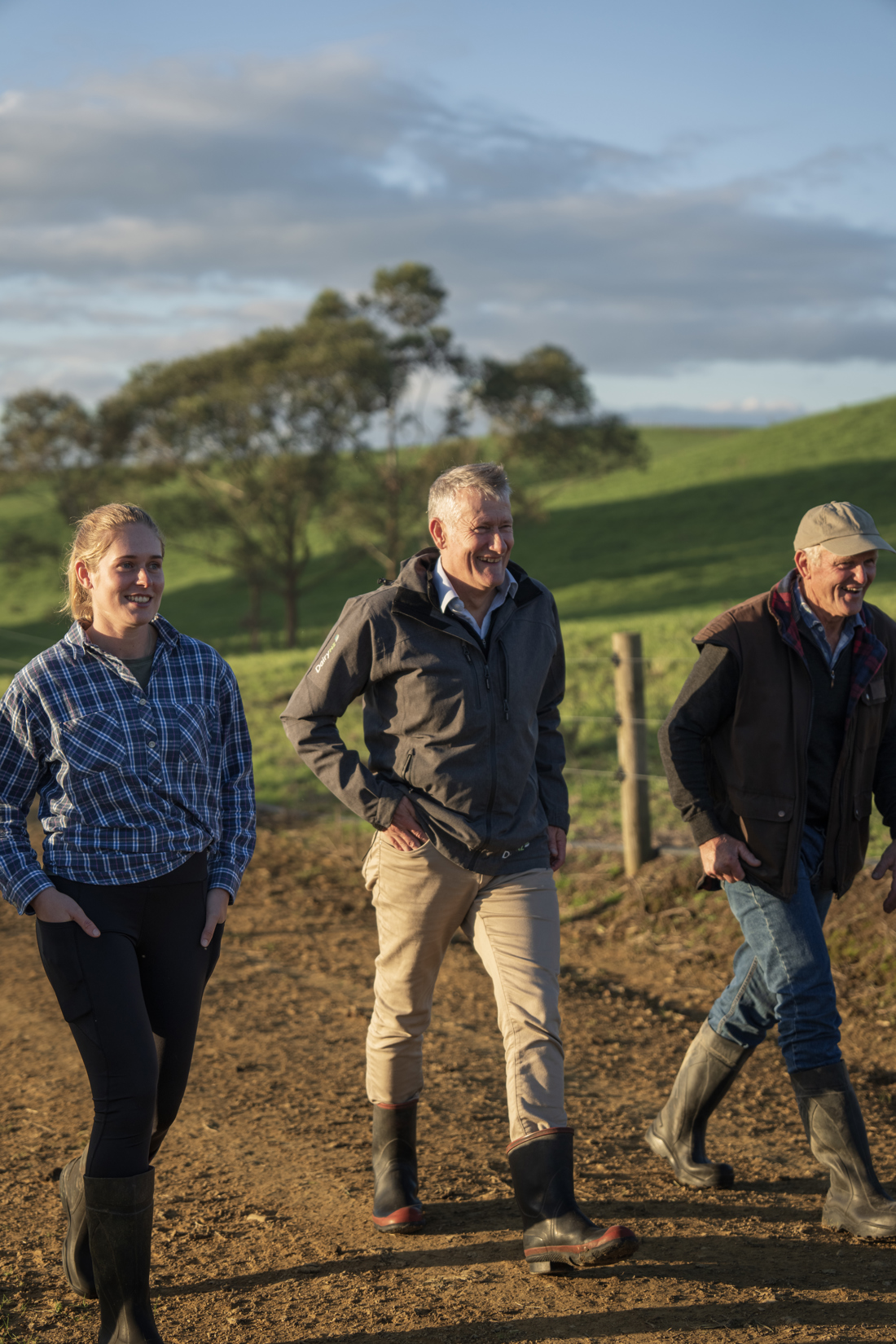Total results 14
Total results 14
-
 Writing a local council submission
Writing a local council submissionSubmissions are a great way for farmers to have their say and get involved. This page explains the 5 stages of the consultation process, how to write a submission to a local authority, and where to get support.
Regulation•5 min read
Writing a local council submission

Submissions are a great way for farmers to have their say and get involved. This page explains the 5 stages of the consultation process, how to write a submission to a local authority, and where to get support.
Regulation•5 min read
-
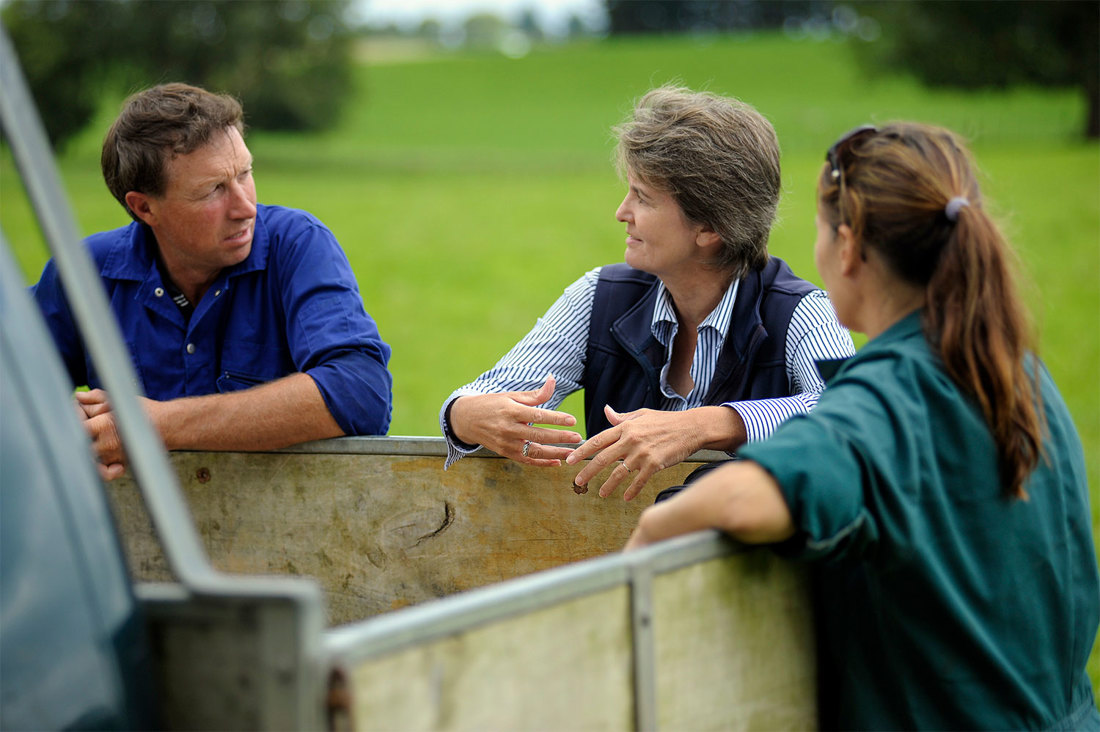 Freshwater Farm Plans
Freshwater Farm PlansFreshwater Farm Plans are a new tool for freshwater regulation. These require a farm plan tailored to mitigate risks to land and water on farm. Many farmers already have a farm environment plan or are part of an industry programme.
RegulationFreshwater Farm Plans

Freshwater Farm Plans are a new tool for freshwater regulation. These require a farm plan tailored to mitigate risks to land and water on farm. Many farmers already have a farm environment plan or are part of an industry programme.
Regulation -
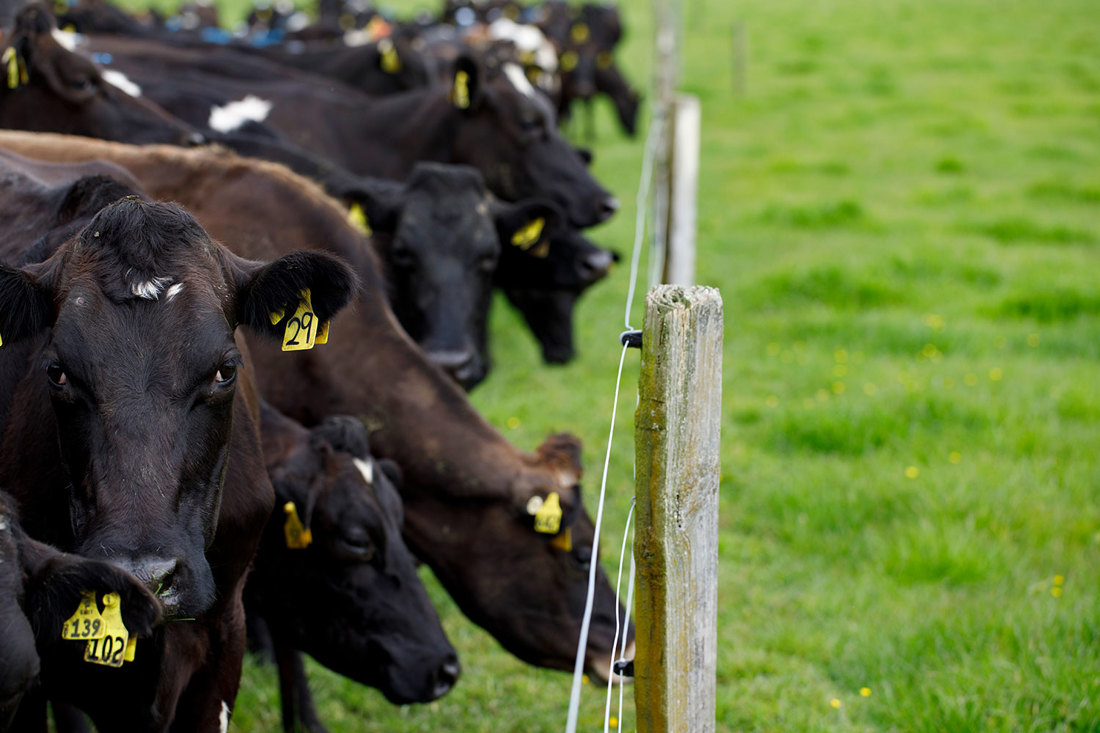 Biosecurity Act consultation
Biosecurity Act consultationThe Ministry for Primary Industries has developed a range of policy proposals to strengthen the biosecurity system and modernise the Biosecurity Act 1993.
Regulation•2 min read
Biosecurity Act consultation

The Ministry for Primary Industries has developed a range of policy proposals to strengthen the biosecurity system and modernise the Biosecurity Act 1993.
Regulation•2 min read
-
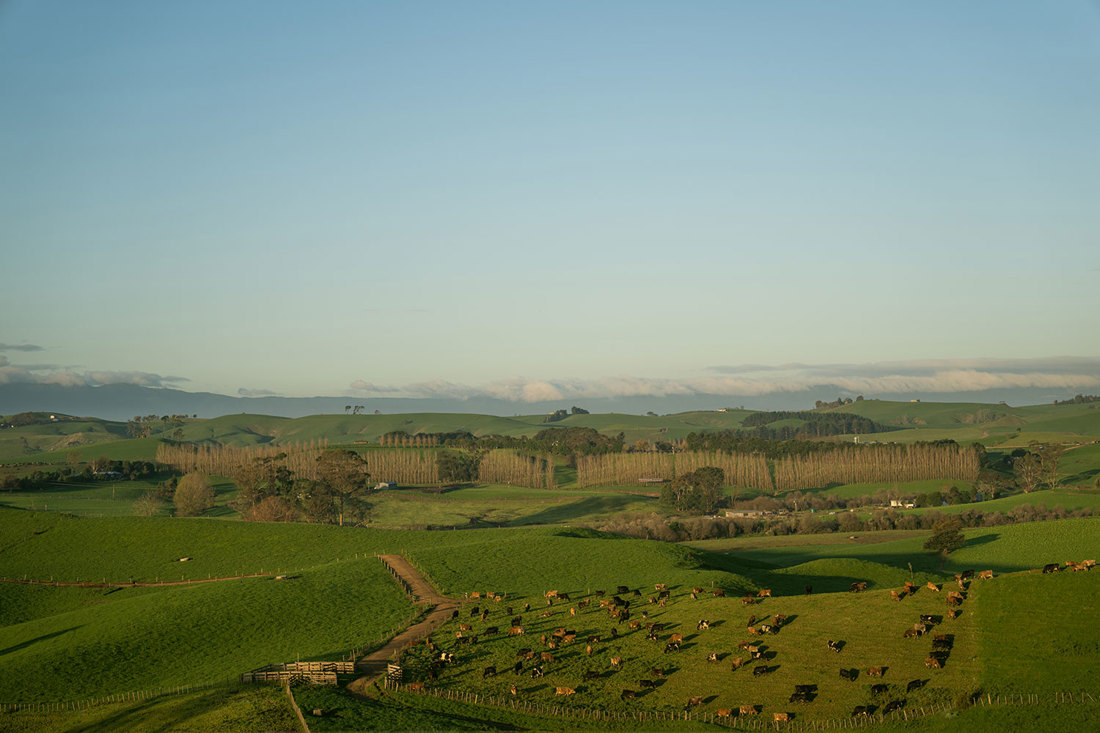 Climate change legislation
Climate change legislationThe Government has set climate change targets and developed policies to reduce New Zealand’s greenhouse gas emissions and adapt to a changing climate.
Regulation•2 min read
Climate change legislation

The Government has set climate change targets and developed policies to reduce New Zealand’s greenhouse gas emissions and adapt to a changing climate.
Regulation•2 min read
-
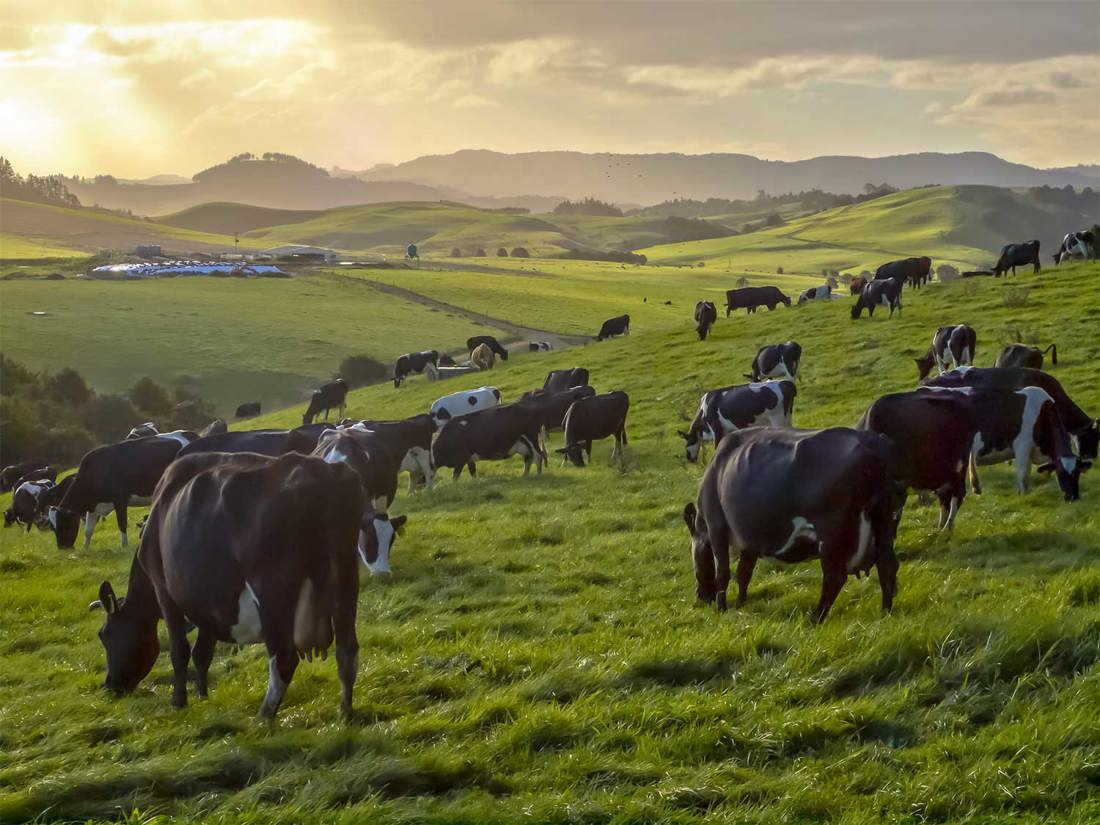 Gene technologies
Gene technologiesThe Government is reviewing New Zealand’s gene technology rules. Greater access to these technologies in the future presents both opportunities and risks for the dairy sector.
Regulation•4 min read
Gene technologies

The Government is reviewing New Zealand’s gene technology rules. Greater access to these technologies in the future presents both opportunities and risks for the dairy sector.
Regulation•4 min read
-
 Sustainable Dairying: Water Accord
Sustainable Dairying: Water AccordThe Sustainable Dairying: Water Accord was launched in July 2013 and built on the work that began under the Clean Streams Accord.
Regulation•3 min read
Sustainable Dairying: Water Accord

The Sustainable Dairying: Water Accord was launched in July 2013 and built on the work that began under the Clean Streams Accord.
Regulation•3 min read
-
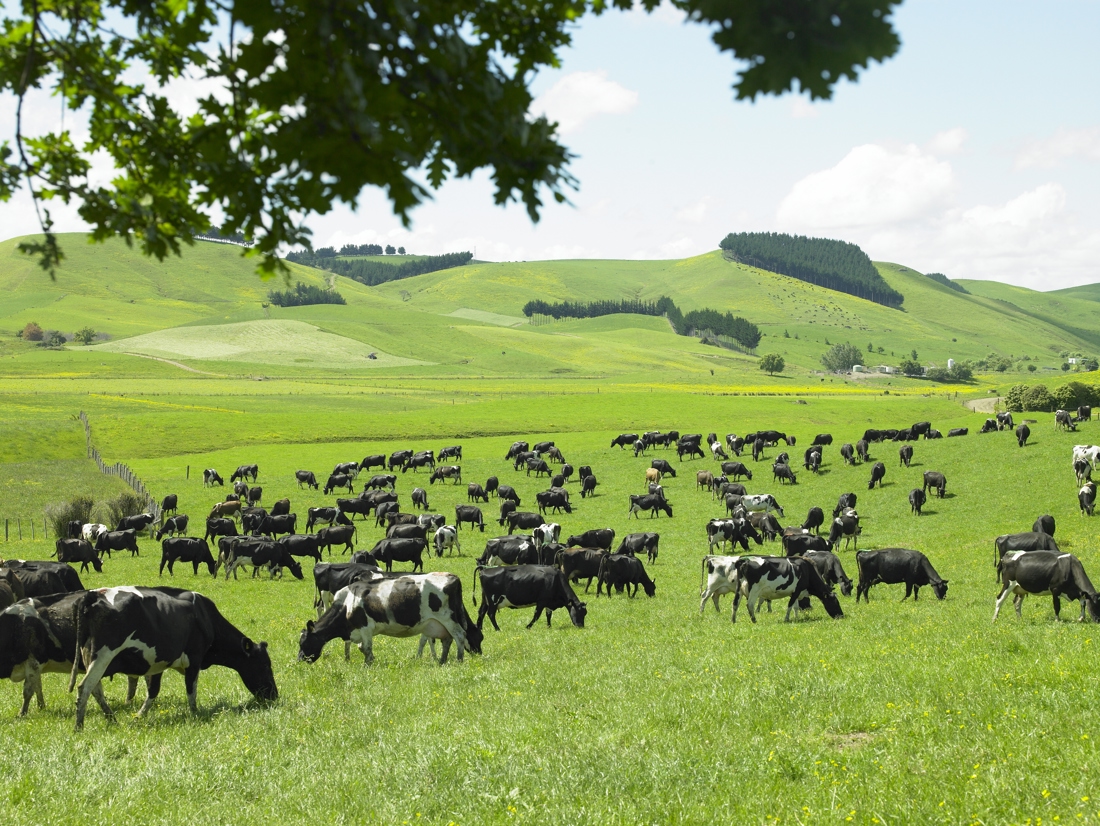 Agricultural Intensification
Agricultural IntensificationThe national agricultural intensification rules were revoked on 1 January 2025 and are no longer relevant.
Regulation•1 min read
Agricultural Intensification

The national agricultural intensification rules were revoked on 1 January 2025 and are no longer relevant.
Regulation•1 min read
-
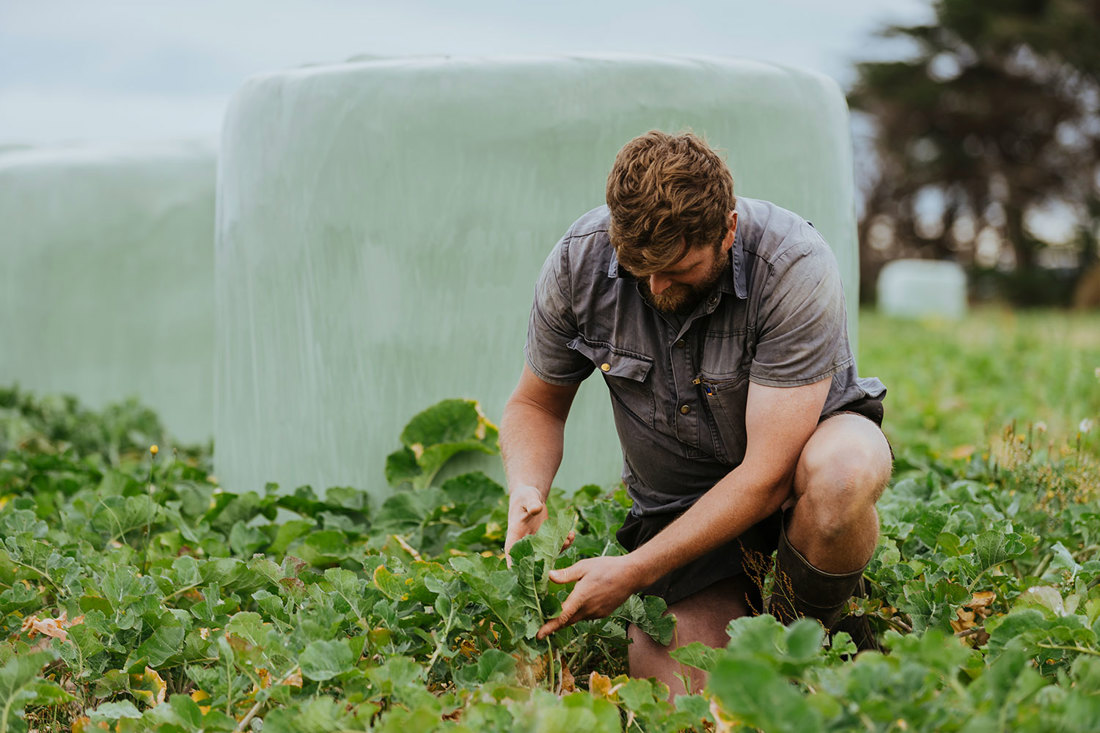 Intensive Winter Grazing
Intensive Winter GrazingIntensive winter grazing (IWG) means the grazing of livestock on an annual forage crop at any time in the period that begins 1 May and ends 30 September of the same year. Generally, winter crops (where fed in situ) come under the IWG regulations.
Regulation•2 min read
Intensive Winter Grazing

Intensive winter grazing (IWG) means the grazing of livestock on an annual forage crop at any time in the period that begins 1 May and ends 30 September of the same year. Generally, winter crops (where fed in situ) come under the IWG regulations.
Regulation•2 min read
-
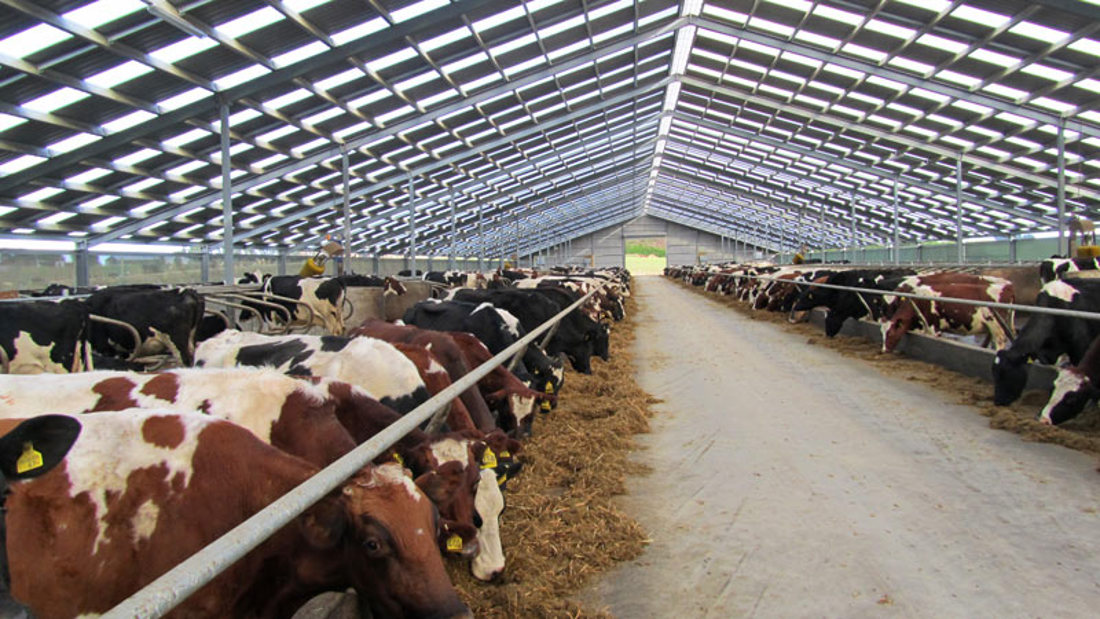 Feedlots and stockholding areas
Feedlots and stockholding areasThe regulations set rules which apply to feedlots and other stockholding areas such as feed pads, stand-off pads, winter pads and loafing pads.
Regulation•2 min read
Feedlots and stockholding areas

The regulations set rules which apply to feedlots and other stockholding areas such as feed pads, stand-off pads, winter pads and loafing pads.
Regulation•2 min read
-
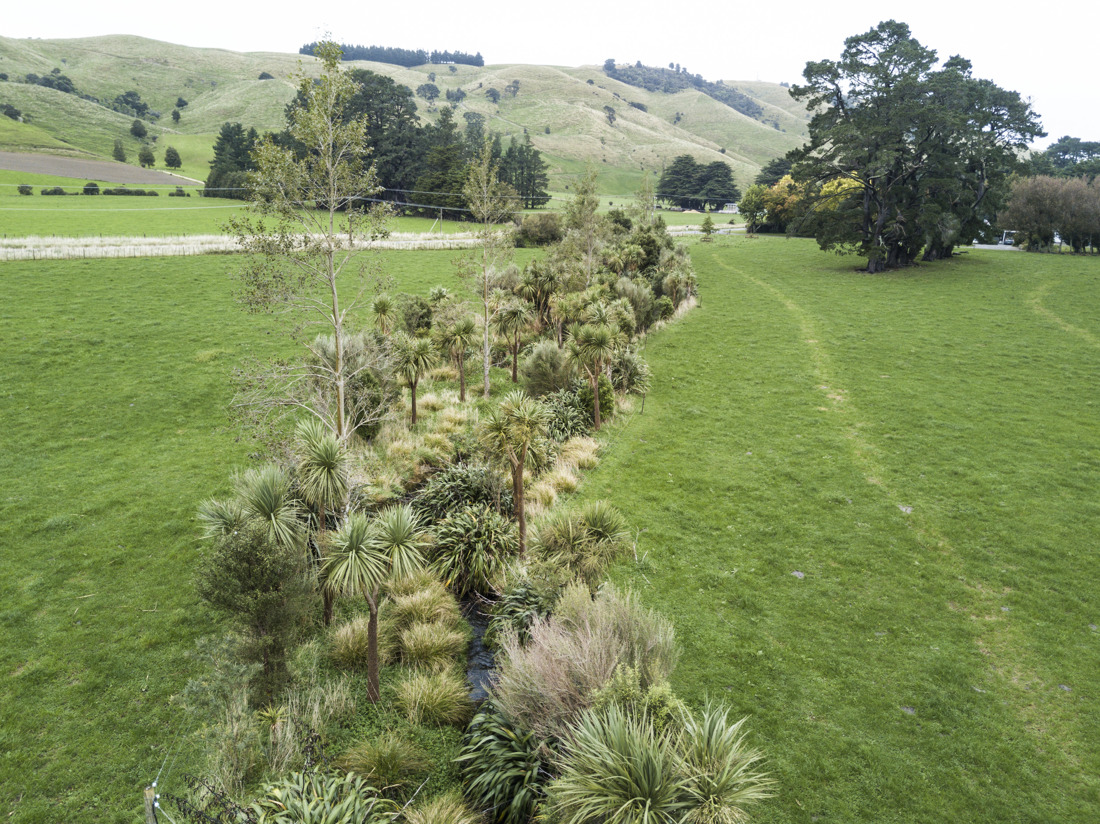 Stock exclusion
Stock exclusionAny person who owns or controls stock must follow the stock exclusion rules. Stock must be excluded from rivers, lakes and wetlands within certain timeframes depending on the type of stock, slope, and intensity of grazing.
Regulation•2 min read
Stock exclusion

Any person who owns or controls stock must follow the stock exclusion rules. Stock must be excluded from rivers, lakes and wetlands within certain timeframes depending on the type of stock, slope, and intensity of grazing.
Regulation•2 min read
